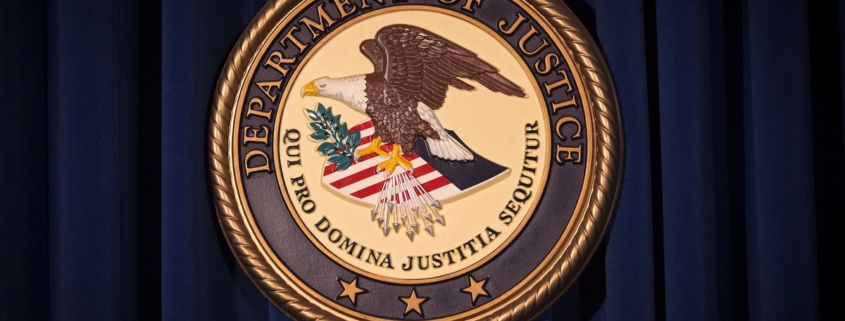U.S., partners dismantle Russian hacking ‘botnet,’ Justice Dept says
Law enforcement in the United States, Germany, the Netherlands and Britain dismantled a global network of internet-connected devices that had been hacked by Russian cyber criminals and used for malicious purposes, the U.S. Justice Department said on Thursday.
The network, known as the “RSOCKS” botnet, comprised millions of hacked computers and devices worldwide, including “Internet of Things” gadgets like routers and smart garage openers, the department said in a statement.
RSOCKS users paid a fee of between $30 and $200 per day to route malicious internet activity through compromised devices to mask or hide the true source of the traffic, the department said.
“It is believed that the users of this type of proxy service were conducting large scale attacks against authentication services, also known as credential stuffing, and anonymizing themselves when accessing compromised social media accounts, or sending malicious email, such as phishing messages,” it said.
Several large public and private entities have been victims of RSOCKS, including a university, a hotel, a television studio and an electronics manufacturer, the department said. It did not name any of them.



